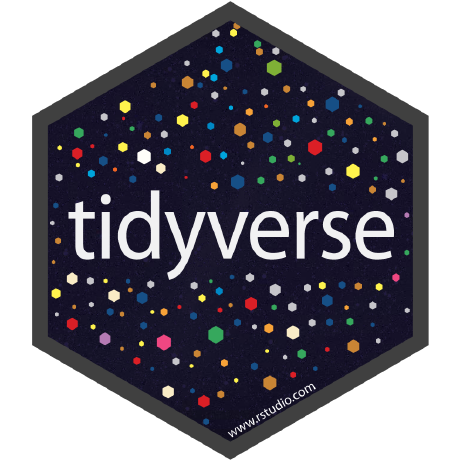
Ecosystems:
R
output: github_document
knitr::opts_chunk$set(
collapse = TRUE,
comment = "#>",
fig.path = "README-"
)
rvest
Overview
rvest helps you scrape (or harvest) data from web pages. It is designed to work with magrittr to make it easy to express common web scraping tasks, inspired by libraries like beautiful soup and RoboBrowser.
If you're scraping multiple pages, I highly recommend using rvest in concert with polite. The polite package ensures that you're respecting the robots.txt and not hammering the site with too many requests.
Installation
# The easiest way to get rvest is to install the whole tidyverse:
install.packages("tidyverse")
# Alternatively, install just rvest:
install.packages("rvest")
Usage
library(rvest)
# Start by reading a HTML page with read_html():
starwars <- read_html("https://rvest.tidyverse.org/articles/starwars.html")
# Then find elements that match a css selector or XPath expression
# using html_elements(). In this example, each <section> corresponds
# to a different film
films <- starwars %>% html_elements("section")
films
# Then use html_element() to extract one element per film. Here
# we the title is given by the text inside <h2>
title <- films %>%
html_element("h2") %>%
html_text2()
title
# Or use html_attr() to get data out of attributes. html_attr() always
# returns a string so we convert it to an integer using a readr function
episode <- films %>%
html_element("h2") %>%
html_attr("data-id") %>%
readr::parse_integer()
episode
If the page contains tabular data you can convert it directly to a data frame with html_table():
html <- read_html("https://en.wikipedia.org/w/index.php?title=The_Lego_Movie&oldid=998422565")
html %>%
html_element(".tracklist") %>%
html_table()
Package Rankings
Top 3.11% on Cran.r-project.org